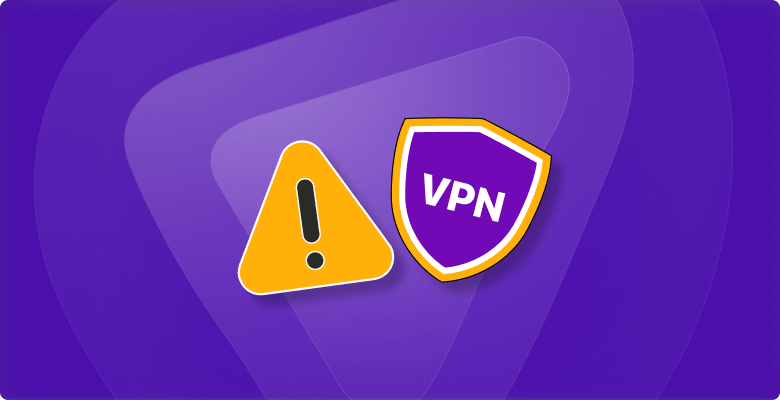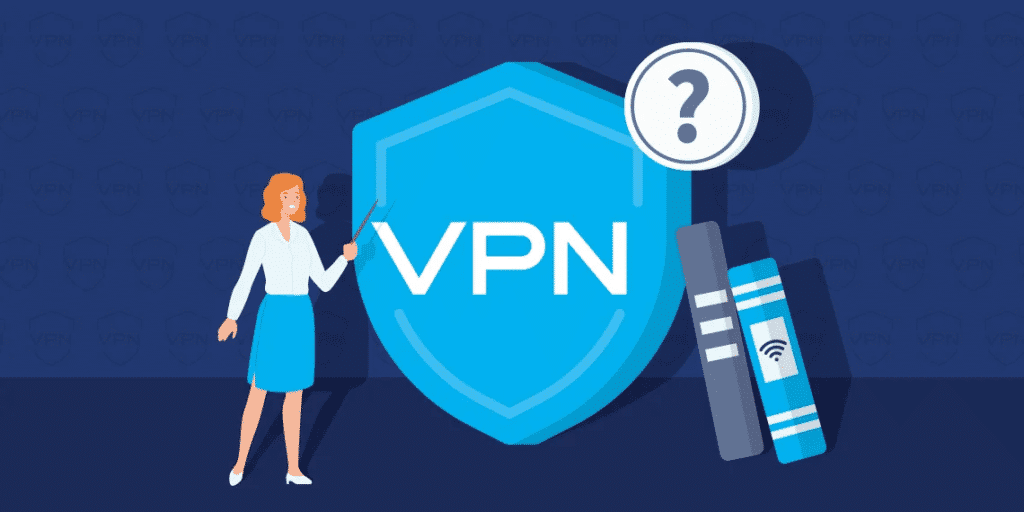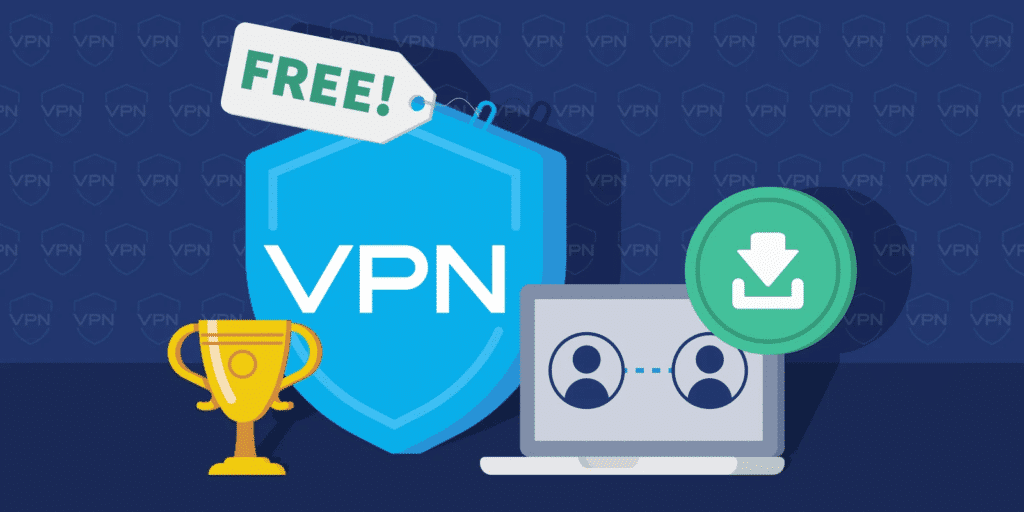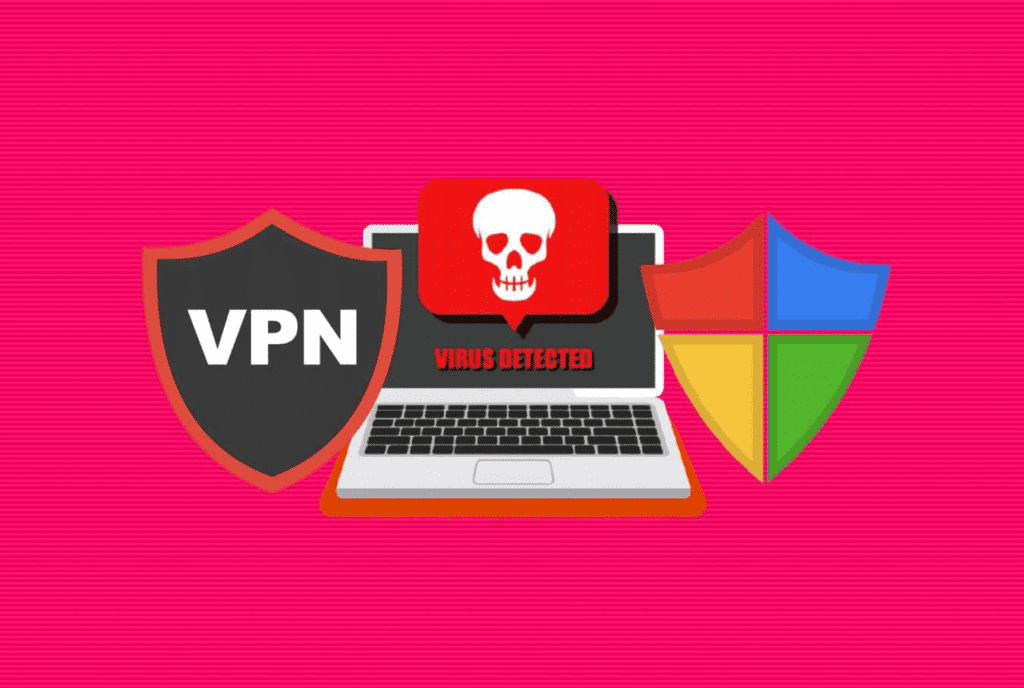

With more and more people using VPNs to protect their privacy and security online, the scams are increasingly becoming common. Scammers come up with new tricks to fool people in giving them money or personal information.
Below are the list of top 10 scams to be aware of:
1. Free VPN scams
Many free VPNs are scams. They may sell your data to third parties, inject malware onto your device, or simply not work properly.

To avoid free VPN scams, only use VPNs from reputable providers. Be wary of any VPN that claims to be completely free, as there is always a trade-off.
2. Fake VPN reviews
Fraudsters frequently fabricate VPN reviews in an attempt to lure victims into signing up for their services. These reviews are typically posted on websites and forums that are popular with VPN users.
Examine reviews from a range of sites to steer clear of phony VPN reviews. Seek opinions from reliable forums and websites. Reviews that are overly complimentary or negative should also be avoided.
3. VPNs that collect too much data


Some VPNs collect too much data about their users. This data may include your IP address, browsing history, and even your credit card information.
Carefully review the VPN’s privacy policy to steer clear of those that gather excessive amounts of data. Ensure that you are aware of the data the VPN is gathering and how it plans to use it.
4. VPNs that log your activity
Some VPNs log your activity, which means they keep track of what websites you visit and what files you download. This data can be used to track you online or even sell to third parties.
To avoid VPNs that log your activity, choose a VPN with a no-logging policy. A no-logging policy means that the VPN will not keep track of your activity.
5. VPNs can cause your internet speed to decrease


Some VPNs can slow down your internet speed. This is because VPNs encrypt your traffic, which can add overhead.
To avoid VPNs that slow down your internet speed, choose a VPN that uses a lightweight encryption protocol, such as WireGuard. You should also choose a VPN with a large network of servers, so you can connect to a server that is close to you.
6. VPNs that don’t work with your gadgets
Some VPNs are not compatible with all devices. Make sure to check the VPN’s compatibility list before you subscribe.
To confirm that the VPN is compatible with your particular gadget, you need also get in touch with the VPN provider.
7. VPNs that are difficult to cancel


Some VPNs are difficult to cancel. Make sure to read the VPN’s terms of service carefully before you subscribe.
To avoid VPNs that are difficult to cancel, read the VPN’s terms of service carefully before you subscribe. You should also look for a VPN that offers a money-back guarantee.
8. VPNs that offer a lifetime subscription
Some VPNs offer a lifetime subscription. However, these subscriptions are often scams. The VPN provider may go out of business, or the VPN may stop working properly.
To avoid VPN scams that offer a lifetime subscription, do not subscribe to any VPN that offers a lifetime subscription. Instead, subscribe to a VPN on a monthly or yearly basis.
9. VPNs that are banned in your country
Some VPNs are banned in certain countries. If you live in a country where VPNs are banned, using a VPN could get you into trouble.
To avoid using a VPN that is banned in your country, research the VPN before you subscribe. Make sure that the VPN is not banned in your country.
10. VPNs that are associated with malware


Some VPNs are associated with malware. Malware is malicious software that can damage your device or steal your personal information.
To avoid VPNs that are associated with malware, only download VPNs from reputable providers. You should also scan the VPN installation file with an antivirus program before you install it.
Conclusion
By following the tips above, you can avoid the top 10 VPN scams. Be wary of any VPN that seems too good to use.
FREQUENTLY ASKED QUESTIONS
Q: What is a VPN scam?
A: A VPN scam is a type of online fraud where scammers trick people into subscribing to a VPN service that is either fake or does not work properly. VPN scams can also involve collecting too much data about users, logging their activity, slowing down their internet speed, or being incompatible with their devices.
Q: Why are VPN scams so common?
A: VPN scams are common because VPNs are becoming increasingly popular. VPNs are used to protect privacy and security online, so scammers know that there is a large market for them.
Q: How can I avoid VPN scams?
A: Here are some tips to avoid VPN scams:
- Do not use free VPNs. Free VPNs are often scams.
- Be wary of fake VPN reviews. Read reviews from a variety of sources, and look for reviews from trusted websites and forums.
- Choose a VPN with a good privacy policy. Make sure the VPN does not collect too much data about you or log your activity.
- Choose a VPN with a lightweight encryption protocol. This will help to avoid slowing down your internet speed.
- Make sure the VPN is compatible with your devices.
- Choose a VPN that is easy to cancel.
- Do not subscribe to any VPN that offers a lifetime subscription.
- Avoid VPNs that are banned in your country.
- Only download VPNs from reputable providers.
- Scan the VPN installation file with an antivirus program before you install it.
Q: What should I do if I think I have been scammed by a VPN provider?
A: If you think you have been scammed by a VPN provider, you should contact the VPN provider and try to cancel your subscription. You should also contact your bank or credit card company to see if you can get a refund.
You should also report the scam to the authorities. In the United States, you can report a scam to the Federal Trade Commission (FTC)









